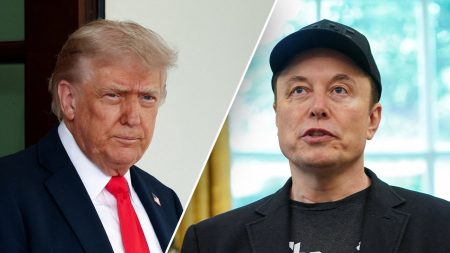The White House disclosed on Friday the discovery of a ninth U.S. telecommunications company compromised by a sophisticated Chinese espionage campaign, dubbed Salt Typhoon. This revelation expands the scope of the previously acknowledged breach, which impacted at least eight telecommunications companies and dozens of nations. The campaign, attributed to Chinese state-sponsored actors, granted unauthorized access to the private text messages and phone conversations of American citizens, raising significant concerns about national security and the vulnerability of critical infrastructure.
The identification of the ninth victim followed the release of guidance by the Biden administration to telecommunications companies, outlining methods for detecting the presence of Chinese hackers within their networks. This guidance facilitated the discovery of the additional compromised entity, highlighting the ongoing and pervasive nature of the threat. The hackers exploited vulnerabilities within the telecommunications networks to collect customer call records and intercept the private communications of a select group of individuals, including senior U.S. government officials and prominent political figures.
While the FBI has refrained from publicly naming the affected companies, the focus of the hacking campaign appears to be directed towards individuals within the government and political spheres. The hackers meticulously targeted specific individuals based on their perceived value as intelligence targets. The primary objective, according to officials, was to identify individuals holding positions of influence within the government and gain access to their private communications, enabling the collection of sensitive information and potential leverage for future operations.
The concentration of victims in Washington, D.C., and Virginia further underscores the strategic nature of the campaign, targeting the heart of American political and governmental activity. Although the exact number of Americans targeted remains unclear due to the hackers’ sophisticated methods, officials estimate a “large number” of individuals were affected. The hackers’ meticulous approach, designed to minimize detection, has complicated efforts to determine the full extent of the breach and the total number of individuals whose privacy was violated.
This espionage campaign underscores the critical need for robust cybersecurity practices within the telecommunications industry. The voluntary nature of current cybersecurity measures has proven inadequate to defend against the increasingly sophisticated cyberattacks originating from nation-state actors such as China, Russia, and Iran. The Federal Communications Commission is scheduled to address this issue in a meeting next month, aiming to establish mandatory cybersecurity standards for the industry. This move signals a shift towards a more proactive and stringent approach to safeguarding critical infrastructure against foreign interference.
The Biden administration is preparing further actions in response to the Salt Typhoon campaign, although the specific details of these measures remain undisclosed. The gravity of this breach and the potential implications for national security necessitate a comprehensive and decisive response. The Chinese government, as expected, has denied any involvement in the hacking operation. However, the evidence presented by the U.S. government strongly points to Chinese state-sponsored actors. This incident further escalates ongoing tensions between the two nations and highlights the increasing importance of cybersecurity in the realm of international relations. The attribution of these attacks to China raises questions about the nation’s intentions and its commitment to international norms of cyberspace conduct.









